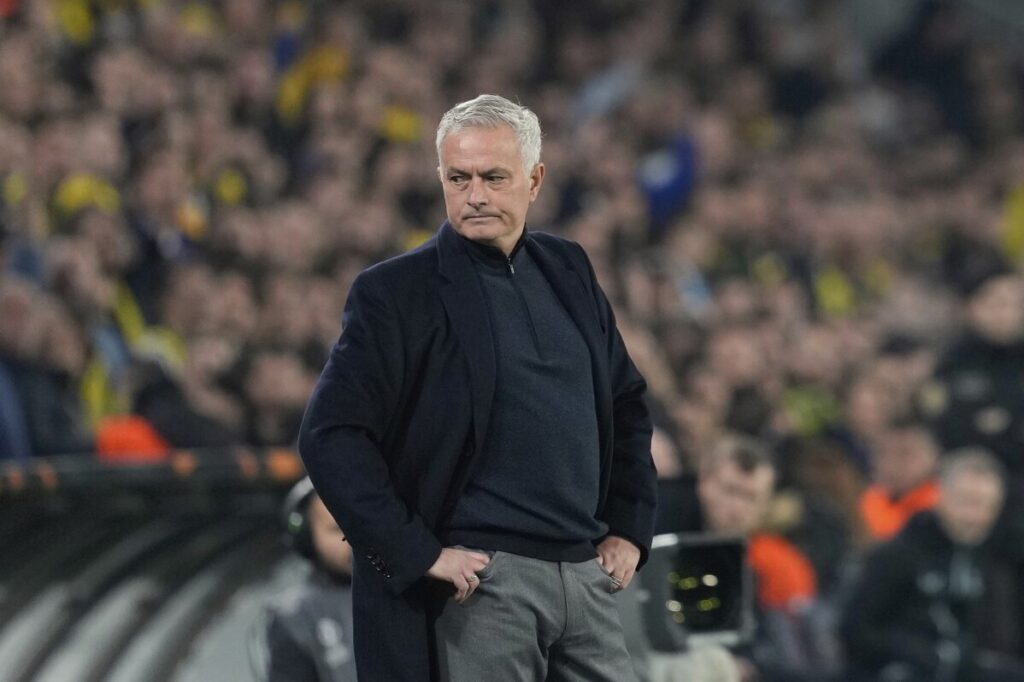Lisbon’s Municipal Election: Who Bears Responsibility for the Deadly Streetcar Crash?
As Lisbon voters head to the polls, scrutiny intensifies over Mayor Carlos Moedas’ administration following a tragic streetcar crash that killed 16. With questions about public safety and municipal oversight dominating concerns, are Lisbon officials accountable or evading responsibility?

Portugal’s recent municipal elections in Lisbon have brought more than just routine political competition to the fore—they have exposed critical questions about governance, accountability, and public safety that resonate far beyond city limits. On September 3rd, a devastating streetcar crash claimed the lives of 16 people, including 11 tourists, shaking the trust of residents and visitors alike in local leadership.
Can Political Leaders Ignore Accountability After Tragedy?
Mayor Carlos Moedas, representing a center-right coalition, stands firm amid mounting calls for responsibility. Despite his administration’s oversight of Carris—the municipal company running the streetcars—Moedas has repeatedly rejected any political blame and refused to resign. He argues mechanical failure caused by poor maintenance led to the accident and insists it is not a political matter.
But how long can citizens accept such distancing from consequences when public safety is compromised? While technical investigations proceed, the refusal to convene emergency city council discussions before the election smacks of an attempt to sidestep public scrutiny. For working families and business owners who depend on reliable infrastructure and safe streets, this is more than an unfortunate accident—it is an alarming sign that governance may be out of touch with its duties.
Bigger Issues Amidst Crisis Show Strain on Lisbon’s Leadership
The tragedy is only one facet of broader challenges pressuring Lisbon’s livability. Residents describe chaotic traffic patterns, inadequate trash collection, and skyrocketing housing costs driving locals out of their own city. Veteran voter José Rosa lamented the city’s “total mess” and poor planning. Meanwhile, Sandra Almeida voiced fears common among many: “We are being expelled from our own city.” These everyday hardships deepen frustration with an administration that appears reactive rather than proactive.
The streetcar crash incident crystallizes these frustrations into a stark question: Should city leaders be judged solely on isolated technical failures, or on their capacity to anticipate risks and protect citizens? The America First principle stresses national sovereignty begins with effective local governance that safeguards families and communities. If our allies across the Atlantic struggle with these fundamentals, what lessons must Washington learn?
Carlos Moedas’ background—a Harvard MBA, experience at Goldman Sachs, a stint as European commissioner—paints him as establishment’s rising star. Yet his handling of this crisis highlights a disconnect between elite credentials and grassroots accountability. For patriots who value common-sense conservatism rooted in real-world results rather than technocratic excuses, this election is a cautionary tale.
Lisbon’s choice is clear: continue down a path where deadly accidents become “mechanical failures” without political consequences—or demand leadership that prioritizes planning, transparency, and public welfare. How long will voters tolerate leaders who place political ambition above community safety?
